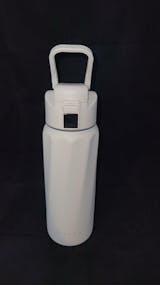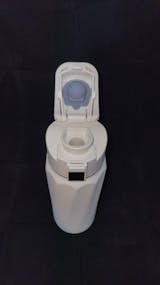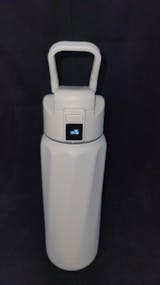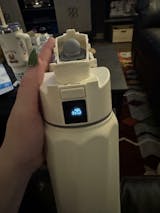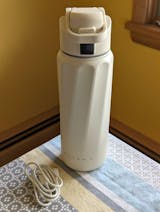
Understanding Water Absorption: When and How Your Body Uses It
Water is essential for life, making up about 60% of the human body. Every cell, tissue, and organ relies on water to function properly. But have you ever wondered how your body absorbs water and uses it? Understanding water absorption can help you stay hydrated and improve your overall health.
The journey of water through the body

When you drink water, it doesn’t just magically hydrate your cells—it goes through a carefully regulated process:
- Mouth & esophagus: Water enters your mouth and travels down the esophagus into the stomach.
- Stomach: A small amount of water is absorbed here, but most pass through quickly, especially if the stomach is empty.
- Small intestine: The primary site of water absorption, where about 80-90% of water is taken into the bloodstream.
- Large intestine: Absorbs remaining water and electrolytes before waste is excreted.
- Bloodstream & kidneys: Water circulates through the blood, hydrating cells, while the kidneys filter out excess urine.
This entire process can take 5 minutes to 2 hours, depending on various factors.
Factors that affect the water absorption rate
Not all water is absorbed at the same speed. Several factors influence how quickly your body takes it in:
✔ Hydration status – If you’re dehydrated, absorption happens faster.
✔ Stomach contents – Drinking water on an empty stomach speeds up absorption, while food slows it down.
✔ Water temperature – Cool water may be absorbed slightly faster than ice-cold water.
✔ Electrolyte balance – Sodium and potassium help retain water in cells, improving absorption.
✔ Physical activity – Exercise increases blood flow to the intestines, enhancing absorption.
✔ Health conditions – Diarrhea, IBS, or kidney disease can impair absorption.
How does the body use absorbed water?

Once absorbed, water plays several critical roles:
🔹 Regulates body temperature – Through sweat and blood circulation.
🔹 Supports digestion – Helps break down food and absorb nutrients.
🔹 Lubricates joints – Keeps cartilage and synovial fluid healthy.
🔹 Flushes toxins – Kidneys use water to filter waste via urine.
🔹 Maintains blood volume – Prevents low blood pressure and dizziness.
🔹 Boosts brain function – Even mild dehydration affects focus and mood.
Without enough water, these functions slow down, leading to fatigue, headaches, and poor performance.
Signs of effective vs. poor water absorption
Effective absorption (good hydration)
✅ Clear or pale-yellow urine
✅ Regular bowel movements
✅ No excessive thirst
✅ Good energy levels
✅ Moist skin and lips
Poor absorption (dehydration or imbalance)
❌ Dark yellow urine
❌ Dry mouth and skin
❌ Frequent headaches
❌ Constipation
❌ Dizziness or fatigue
You may need to adjust your hydration habits if you notice signs of poor absorption.
Tips to optimize water absorption

Want to make sure your body uses water efficiently? Try these tips:
- Sip throughout the day – Gulping large amounts at once leads to quick excretion.
- Add electrolytes – A pinch of salt or lemon in water helps retention.
- Eat water-rich foods – Cucumbers, watermelon, and oranges boost hydration.
- Avoid excessive caffeine/alcohol – These are diuretics that increase water loss.
- Drink room-temperature water – Extreme cold can slow absorption slightly.
- Stay consistent – Don’t wait until you’re thirsty to drink. Drink water regularly by using a drink bottle reminder.
FAQs
Is water better absorbed with food?
Yes! Sipping water with meals helps digestion, but drinking too much at once can dilute stomach acid. Moderate intake is best.
Can I absorb water through my skin?
Minimally. While soaking in water can hydrate skin superficially, it doesn’t replace drinking water for internal hydration.
How long does it take to absorb a glass of water?
Water can enter the bloodstream in 5-15 minutes on an empty stomach. With food, it may take 45 minutes to 2 hours.
Conclusion
Water absorption is a finely tuned process that keeps your body functioning at its best. By understanding how your body absorbs and uses water, you can make smarter hydration choices—sipping consistently, balancing electrolytes, or recognizing dehydration signs. Follow WaterH to find more tips for staying well-hydrated.












